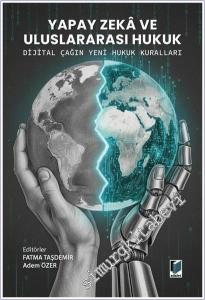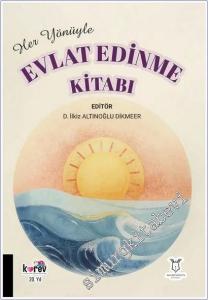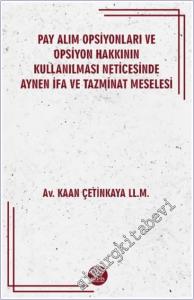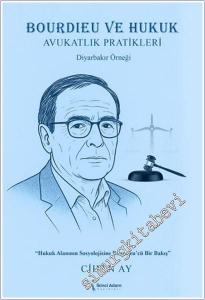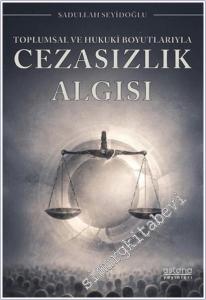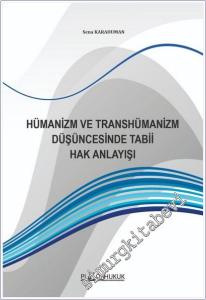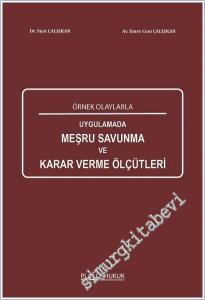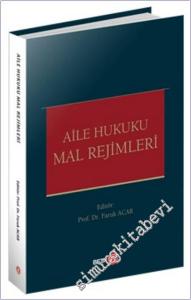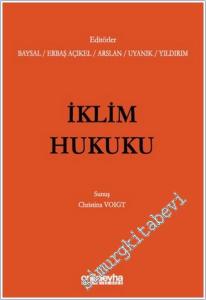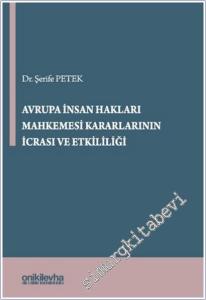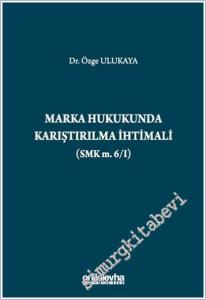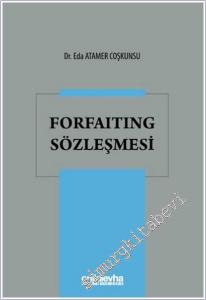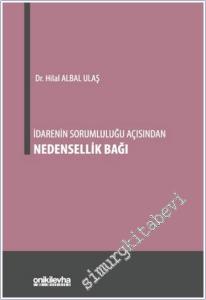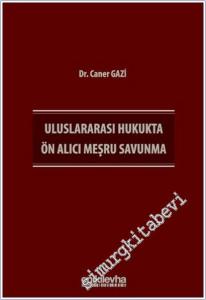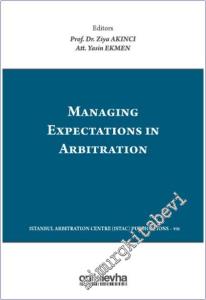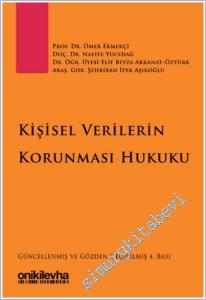#smrgKİTABEVİ Evaluation Of The Question As To Whether Artificial Intelligence Can Be Recognised As An Inventor In Australia Within The Context Of Patent Law, Ethics, Economy, And Liability - 2025
Editör:
Kondisyon:
Yeni
Sunuş / Önsöz / Sonsöz / Giriş:
Basıldığı Matbaa:
Dizi Adı:
ISBN-10:
6255930118
Kargoya Teslim Süresi (İş Günü):
3&7
Hazırlayan:
Cilt:
Amerikan Cilt
Boyut:
16x24
Sayfa Sayısı:
1603
Basım Yeri:
İstanbul
Baskı:
1
Basım Tarihi:
2025
Kapak Türü:
Karton Kapak
Kağıt Türü:
Enso
Dili:
İngilizce
Kategori:
0,00
1199238001
625181
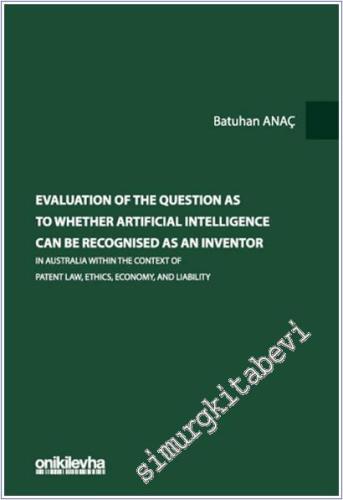
https://www.simurgkitabevi.com/evaluation-of-the-question-as-to-whether-artificial-intelligence-can-be-recognised-as-an-inventor-in-australia-within-the-context-of-patent-law-ethics-economy-and-liability-2025
Evaluation Of The Question As To Whether Artificial Intelligence Can Be Recognised As An Inventor In Australia Within The Context Of Patent Law, Ethics, Economy, And Liability - 2025 #smrgKİTABEVİ
0.00
As developing artificial intelligence technologies has influenced many fields, patent law has also taken its share. In recent years, the number of AI-generated inventions has risen significantly. This led to a discussion about recognising artificial intelligence as an inventor like human beings. While the debate highlights the role of technology in the invention process, it also challenges the limits of patent law. In this book, the debate of AI inventorship is examined with a milestone case called DABUS by analysing two opposing decisions in Australian jurisdiction under Australian patent legislation. However, recognising an artificial intelligence as an inventor and granting it a title is not only an issue concerning patent law but also ethics, economics, and liability. This book also addressed artificial intelligence's impact and shortcomings from the perspectives of tort law, economics, and ethics through an interdisciplinary approach.
As developing artificial intelligence technologies has influenced many fields, patent law has also taken its share. In recent years, the number of AI-generated inventions has risen significantly. This led to a discussion about recognising artificial intelligence as an inventor like human beings. While the debate highlights the role of technology in the invention process, it also challenges the limits of patent law. In this book, the debate of AI inventorship is examined with a milestone case called DABUS by analysing two opposing decisions in Australian jurisdiction under Australian patent legislation. However, recognising an artificial intelligence as an inventor and granting it a title is not only an issue concerning patent law but also ethics, economics, and liability. This book also addressed artificial intelligence's impact and shortcomings from the perspectives of tort law, economics, and ethics through an interdisciplinary approach.
Yorum yaz
Bu kitabı henüz kimse eleştirmemiş.

